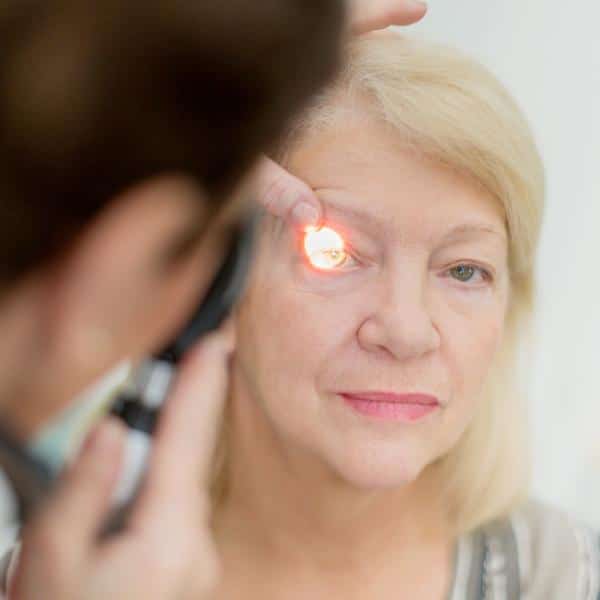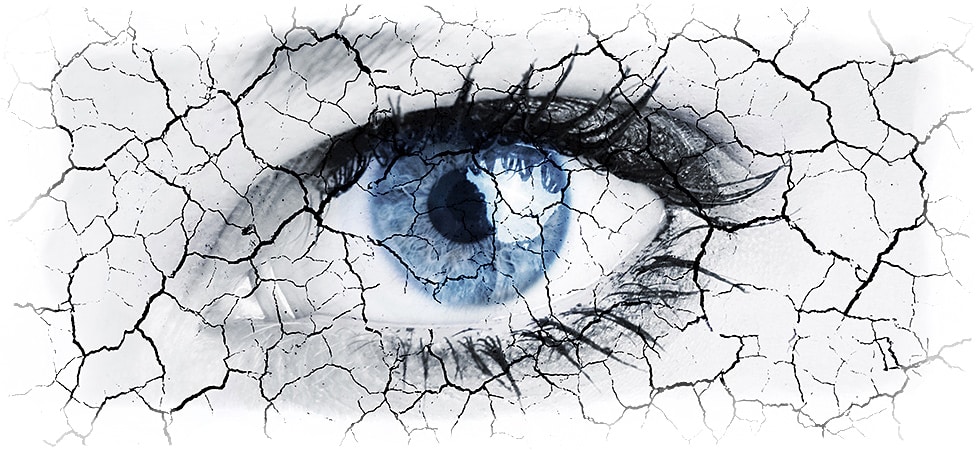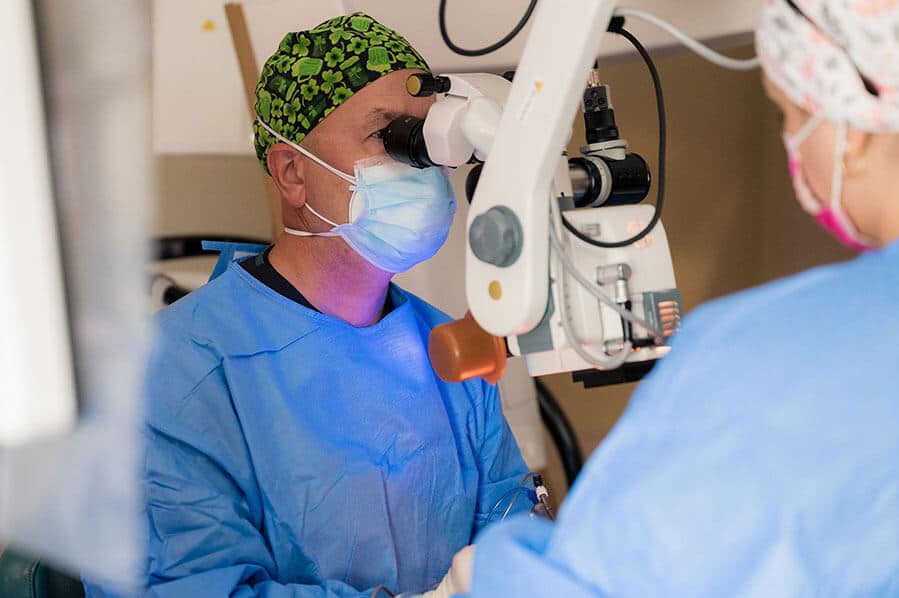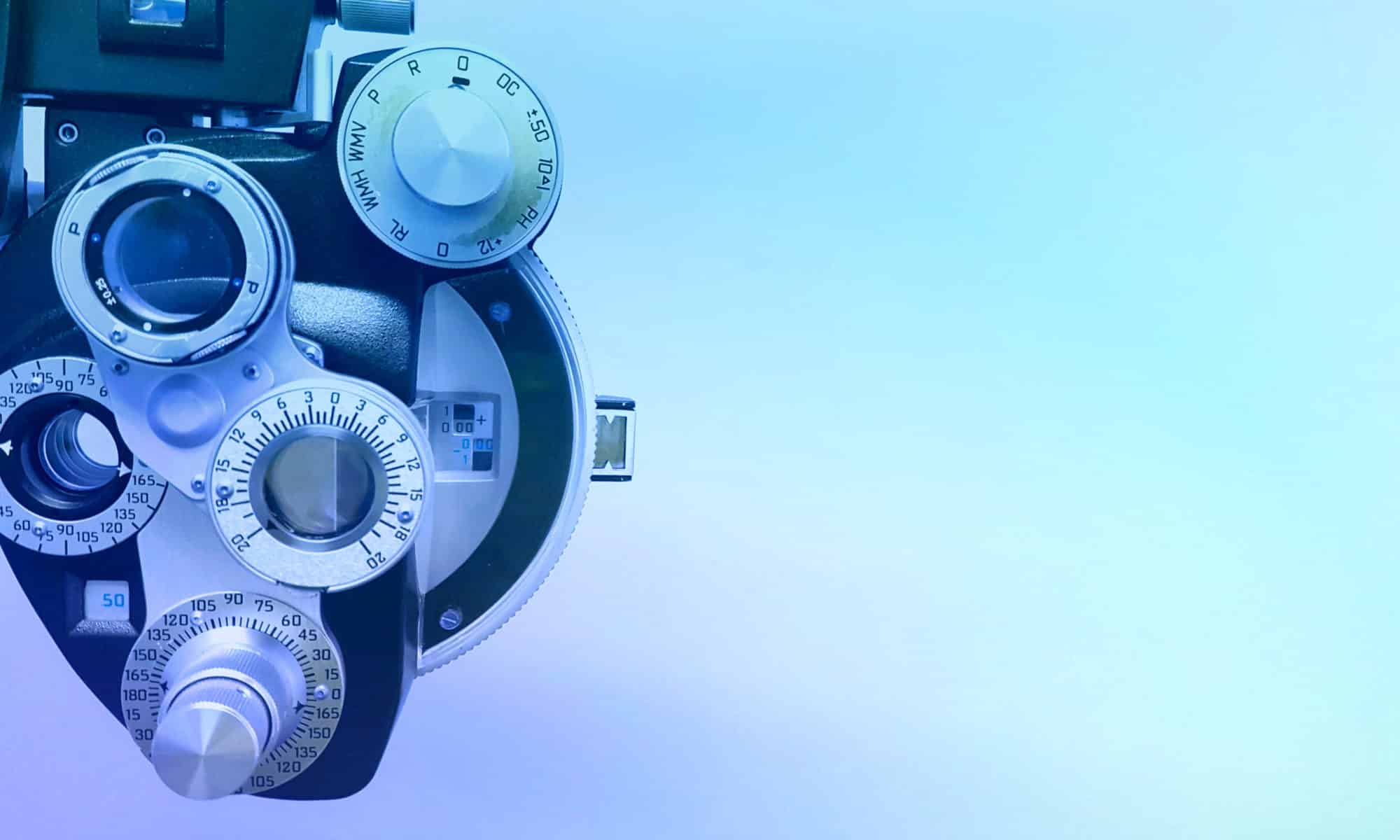What Is Cataract Surgery
Cataract surgery is performed to take the lens of your eyeball and typically replace it with one that is artificial. Cataracts cause cloudy lenses and make it hard for the person with the condition to see. The surgery is done as an outpatient procedure by an ophthalmologist. This procedure is common and quite safe.
Risks Involved With Cataract Surgery
There are rarely any complications when cataract surgery is performed and most that do occur are treated with high success rates.
The risks include the following possibilities:
- Infection
- Bleeding in the retina
- Swelling
- The eyelid may droop
- The artificial lens can possibly slip
- The detachment of the retina is possible
- Glaucoma
- Losing vision
- A second cataract can develop
If macular degeneration, glaucoma, or other medical conditions are present the risks are greater. Your opthalmologist can evaluate if treatment for other eye conditions is necessary before the consideration of cataract surgery. If you are predisposed to infection, your specialist may prescribe antibiotic eye drops that need to be administered for up to two days before the surgery.
Post-surgical Precautions
Typically patients go home the same day as their procedure, but be aware that you cannot drive yourself and will need somebody with you to take you home. You will need help for about a week if your doctor tells you to be easy on your body. Bending and lifting can put a strain on the eyes, therefore it is not advised to be overly active during the first week of recovery.
Once the procedure has been performed, your ability to see will start to get better within a few days. Your sight may be a bit blurred as the process of healing begins to adjust your eyes to the new lenses.
With new lenses, the colors that you see will likely seem to be more vivid and bright since you are no longer looking through clouds. Cataracts tend to mute colors and patients sometimes don’t realize just how much the condition affected their vision.
You will typically return to your specialist up to two days after your procedure, and again the next week. Once you hit a month post-op, you will have another appointment to be sure you are healing properly.
The first few days after you have the surgery itching and discomfort are normal. Try not to rub your eyes or push on them. It’s possible that the specialist may want you to wear an eye patch to protect and shield your eye on the day of the operation. Some doctors will have their patients wear a shiel that will protect the eye(s) for several days post-op and every night during the time of recovery.
Eyedrops may be prescribed by the ophthalmologist to avoid the risk of infection and bring down any swelling or ocular pressure you may have. Some of these medications can be administered by injection directly into the eye during the operation. Your discomfort should be gone after a few days and you should begin to see improvement healing. It will take approximately eight weeks for the patient to be completely healed.
If you have any of the following symptoms you should get in contact with your specialist immediately:
- Loss of vision
- Pain that does not reduce even after using OTC pain relievers
- Redness or swelling of the eyelid and surrounding areas of the eye
- Flashes of light or floating spiders in front of the eye
It’s not uncommon for patients to need glasses for at least a short period of time after surgery. Your specialist will wait until your healing is complete to give you a prescription for permanent glasses if they are needed. This can take anywhere from one month up to three months before complete healing is achieved.
If you have cataracts in both of your eyes the second surgery is normally not performed until after the first eye has healed. Both eyes are not typically operated on at the same time as it will leave the patient with no vision for at all for some time.












